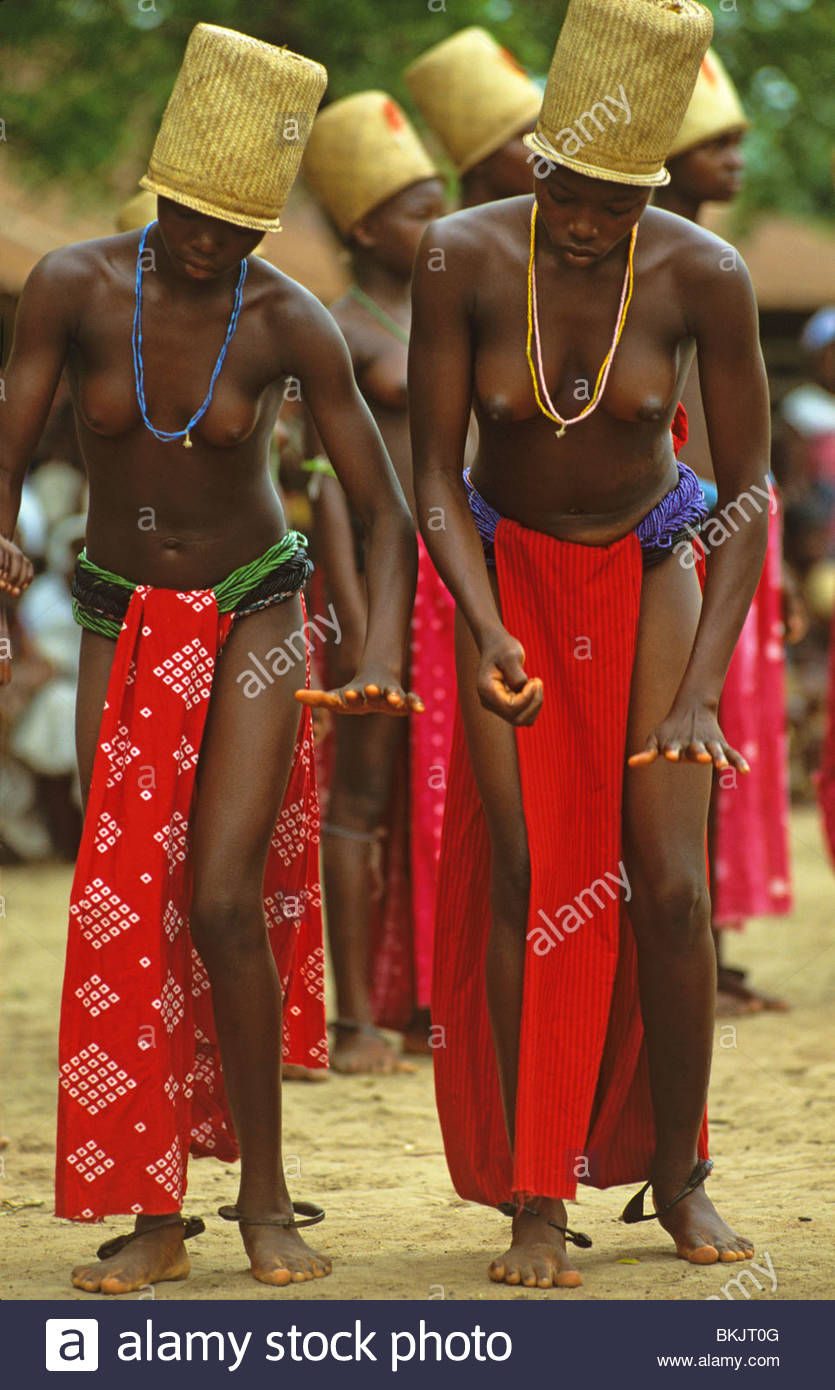KLAMAH; THE DIPO DANCE
According
to my grandmother, who comes from Dodowa, the Dipo dance was
originated from 'Klo Yomi' which means Shai Hills, where their
forefathers came to settle after they came from Nigeria.
The
whole story was of a man who married two wives at that time, the first wife of
the man got pregnant and gave birth to a male child. After a few weeks the man
and his wife agreed and circumcised the baby. The couple and the neighbors were
very happy they circumcised the baby because their perception was that, the
baby has been cleansed or sanctified all the people in the community came
together to celebrate and offer gifts to the baby and the mother.
This
drew the man’s attention so much on the wife and the baby boy, which became a
legacy for all the people in the community that all their male children must be
circumcised
Later
the second wife also got pregnant. But instead of giving birth to a boy as she
wished for, she gave birth to a girl. Due to her bitterness and jealousy, she
also thought of doing something unique. Due to the fact that she can't
circumcise the baby, she sat and created her own idea to let the man and the
community know women can also be sanctified.
She
waited until she entered her puberty age then she went to the market to buy
plenty expensive beads, clothes, and "mim3"as perfume
those days to dress up her girl to look gorgeous to signify she is ready for
marriage
The
dance she organized to celebrate the cleansing and sanctification of her
daughter became known as 'Dipo'. She set up a final dance which she
called "klamah" which they now called Dipo
dance.
So,
during the dance, you dress to expose your body to attract men to tell them you’re
are ready for marriage. A DIPO INITIATE

Twisting
the waist and the butts sends a message that yes, she’s matured enough to satisfy
a man,
Bending
downwards tells the men the back is strong enough to carry a baby
Dancing
backwards and forwards means that wherever the men turns in bed you're ready to
meet him
They
usually sing and clap their hands during the klama dance
The
turning of their hands and necks also symbolizes that, they are having their
beauty all over them.
THE KLAMA DANCE PERFORMANCE


THE KLAMA DANCE PERFORMANCE


The
Klama Dance, when performed, signifies the end of the Dipo
rites and the final transition of a young girl into womanhood. The dance calls
for suitors for the hands of the transitioned girls into marriage.
BY
OSUBRONI FAUSTINA.



Comments
Post a Comment